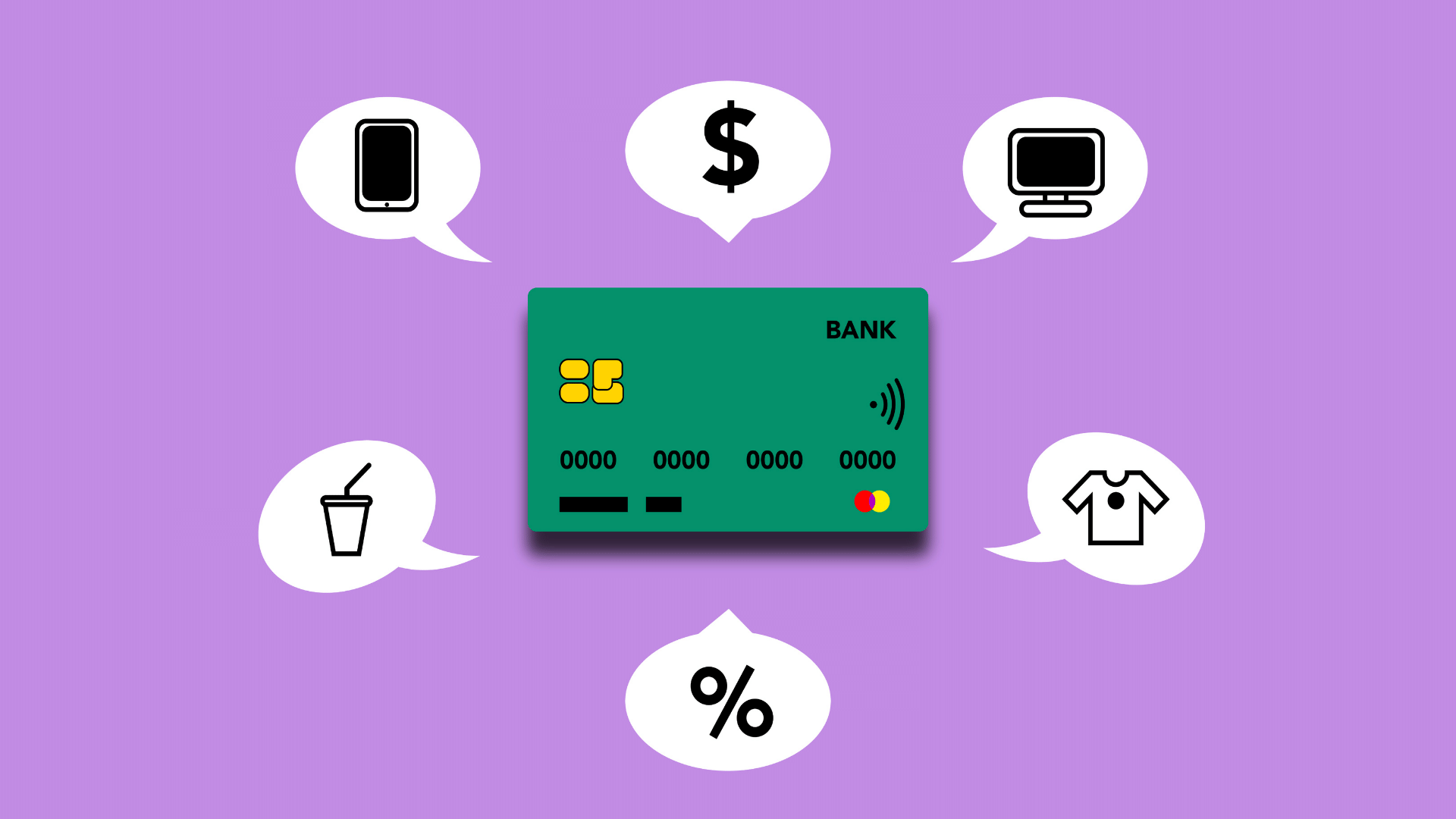In today’s fast-paced world, understanding financial tools is crucial. Financial literacy can empower you to make informed decisions. One such financial tool that often becomes a part of our lives is the credit card. This blog post aims to demystify credit cards, helping you understand their benefits, potential costs, and how to use them responsibly. 💳
What are Credit Cards? 🤔
A credit card is a financial tool that allows you to borrow money from a bank to make purchases, be it a cup of coffee ☕, a new smartphone 📱, or even flight tickets for your next vacation ✈️.
The bank sets a limit on how much you can spend, and you’re required to pay back the borrowed money by a certain date. If you fail to do so, the bank will charge you interest.
Pros and Cons of Using a Credit Card 👍👎
Like any financial tool, credit cards have their pros and cons.
Pros:
- Convenience: Credit cards are easy to carry and use, both online and offline.
- Rewards: Many credit cards offer rewards such as cash back, points, or miles that can be redeemed for various benefits.
- Credit Building: Regular and responsible use of a credit card can help build your credit score, which is beneficial for getting loans in the future.
- Emergency Fund: In case of financial emergencies, a credit card can be a lifesaver, provided you have enough funds to repay before the due date.
Cons:
- Debt: If not used responsibly, credit cards can lead to spiralling debt due to the ease of spending money that you don’t currently have.
- High Interest Rates: Credit cards typically have high interest rates,around 35-42%, especially if you don’t pay your balance in full each month.
- Fees: There are various fees associated with credit cards, such as annual fees, late payment fees, and withdrawal charges.
Various Charges Incurred by a Card User 💸
Credit card issuers charge various fees, some of which are:
- Annual Fee: A yearly fee for the benefits provided by the card.
- Cash Advance Fee: A fee for using the credit card to withdraw cash.
- Foreign Transaction Fee: A fee for transactions in a foreign currency.
- Late Payment Fee: A fee for failing to pay at least the minimum amount due by the due date.
- Overlimit Fee: A fee for exceeding the credit limit.
How Penalties and Interest are Charged 💰
If you fail to pay the minimum amount due by the due date, you’ll be charged a late payment fee. The amount of this fee varies depending on the total outstanding balance on your card. Additionally, if you exceed your credit limit, you’ll be charged an overlimit fee.
Interest is charged on the outstanding amount if you don’t pay the total outstanding balance by the due date and choose to pay only the minimum amount due or a part of the total amount due.
This interest is typically calculated from the date of the transaction until the payment is made.
Let’s consider a few examples for a better understanding:
Example 1: Suppose you bought a new smartphone worth ₹10,000 on the 1st of the month. Your credit card statement is generated on the 5th of the month with the due date of the 25th of the month. If you pay the full amount of ₹10,000 by the 25th, no interest will be charged. However, if you only pay the minimum amount due of ₹500, interest will be charged on the remaining ₹9,500 from the 1st of the month until the payment is made.
Here’s a visual representation of the scenario:
Example 2: Now, suppose you booked a flight ticket worth ₹5,000 on the 10th of the month, after the statement was generated. This amount will be included in the next month’s statement. If you pay the full statement balance of ₹10,000 by the 25th, no interest will be charged on the ₹5,000 purchase as it’s within the grace period. However, if you only pay the minimum amount due, interest will be charged on the ₹5,000 from the 10th of the month until the payment is made. Let’s illustrate this scenario.
Example 2 (continued): Here’s a visual representation of the scenario:
Understanding how credit cards work, their benefits, and the potential costs associated with them can help you make informed decisions about your finances. Remember, a credit card is a tool that, when used responsibly, can provide convenience, rewards, and credit-building opportunities. However, irresponsible use can lead to debt and financial difficulties.
Always strive to pay your full statement balance each month to avoid interest charges and maintain a healthy credit score.
Tips for Responsible Credit Card Use 📝
- Budgeting: Keep track of your spending and ensure it’s within your budget.
- One-click payment: Avoid “securely sharing” or “saving” your card details while making in-app purchases. This will force you to re-enter the card details every time you make a purchase, giving you time to reconsider that purchase.
- Timely Payments: Always pay your bills on time to avoid late payment fees and interest charges.
- Full Payment: Pay your full statement balance each month to avoid interest charges.
- Understand Your Card: Read the T & C. Be aware of all the fees associated with your card and how interest is calculated.
Frequently Asked CC Questions ❓
- What is a credit card grace period?
The grace period is the time during which you can pay off your credit card balance without incurring interest charges. It’s usually between 18 to 21 days from the end of the billing cycle. - What happens if I only make the minimum payment?
If you only make the minimum payment, interest will be charged on the remaining balance. This can lead to a debt cycle as your balance continues to grow with each passing month. - Can I withdraw cash using my credit card?
Yes, but it’s usually associated with high fees and interest charges. Avoid cash advances. - What are SI Mandates?
These are e-mandates for recurring transactions on your credit card. These can be managed through links on your credit card issuing bank’s home page. These are the links to HDFC Bank and ICICI Bank’s SI Hub (Standing instructions Hub) pages.
Credit Card Security Tips 🔒
- Protect Your Card Information: Never share your credit card number, CVV, or PIN with anyone. Be cautious when using your card for online transactions and only use secure websites.
- Avoid Fraudulent transactions: Use the “manage credit card limits” section after logging in to your credit card account, to set daily limits for purchases.
- Block Online/International transactions: You can block/unblock and set limits on online/international transactions.
- Monitor Your Account: Regularly check your credit card statements for any unauthorized transactions. If you notice anything suspicious, report it to your bank immediately.
- Lost/Stolen Card: If your card is lost or stolen, inform your bank immediately so they can block your card and prevent any fraudulent transactions.
We hope this guide helps you navigate the world of credit cards with confidence. If you have any questions or thoughts, feel free to leave a comment below. And if you found this post helpful, don’t forget to share it with your friends and colleagues. Happy spending, but remember, spend wisely! 💸👍

